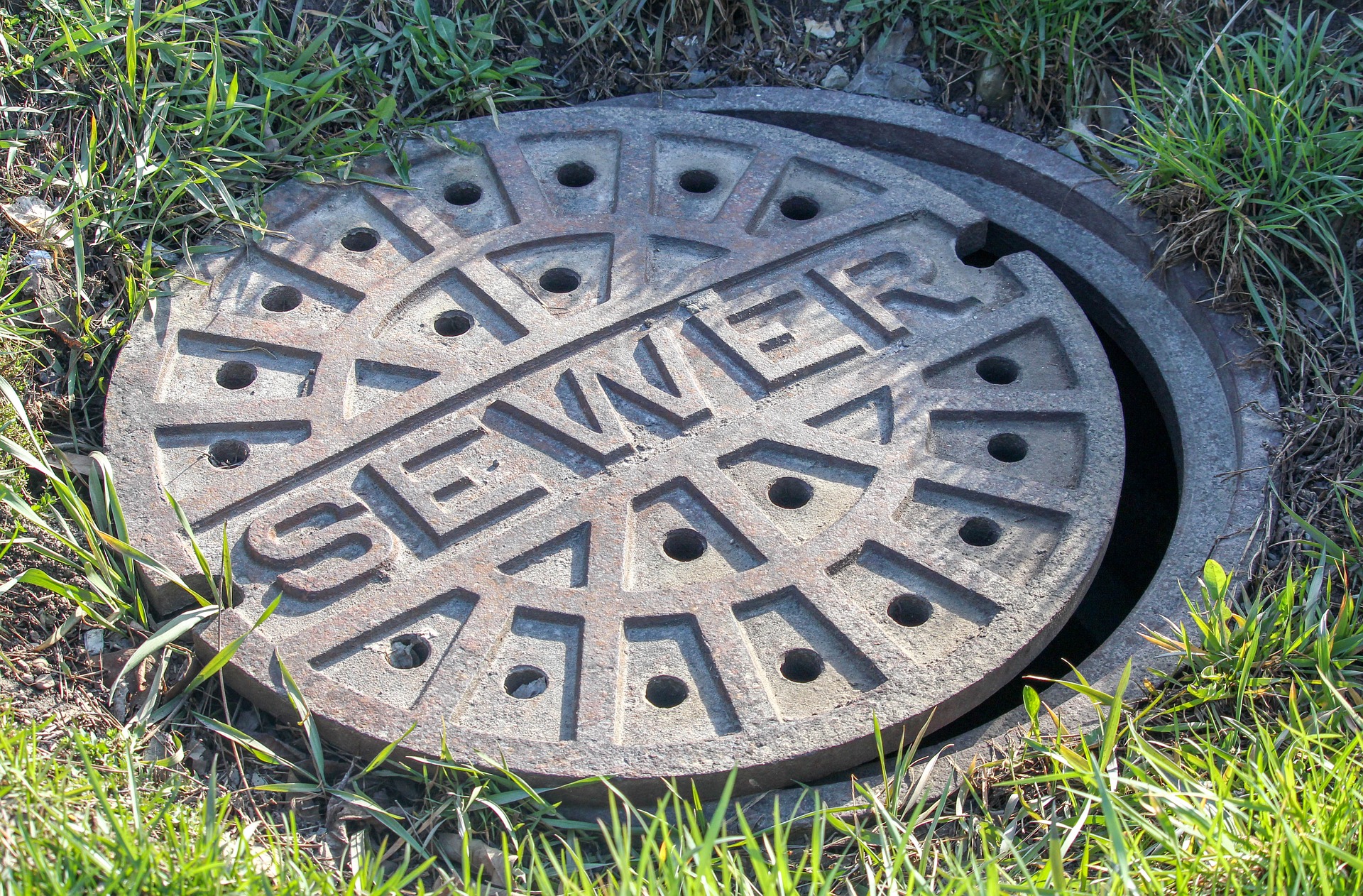In the 1990s, Atlanta got sued because its sewers were polluting the Chattahoochee River and other waterways. For the past two decades, the city has been under a federal consent decree to address the problems.
In a review of Atlanta’s progress released Wednesday, the EPA’s Office of Inspector General found the city is complying with its federal agreement, though it’s not yet fixed everything.
“We found that the city is making progress,” said Katie Butler, the director for water program evaluations at the Office of Inspector General in the EPA. “There are many construction projects that are not yet finished. Residents in Atlanta have heard about these over the years, and there are more construction projects to go.”
The city has spent about $2 billion so far, addressing two different issues with its sewers.
One, which the city has largely dealt with, are with combined sewers, where rain combines with sewage. In the past, storms could overwhelm those combined systems, and lead to the sewers releasing untreated sewage. It used to happen 50 to 70 times a year, according to the OIG report, but from 2009 through 2017, it happened 10 times total.








